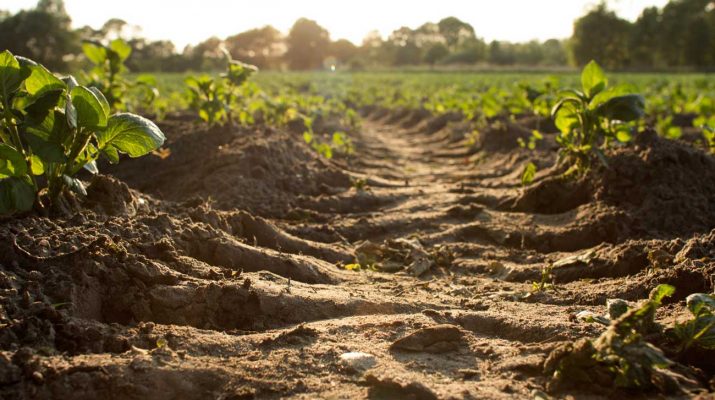From Mataranka to Meekatharra and Millmerran, soil-conscious farmers crashed an email system when they rushed for free soil carbon tests offered by Southern Cross University’s Environmental Analysis Laboratory in conjunction with National Regenerative Agriculture Day on February 14. “The demand saw our email server go into meltdown,” said director of the Regenerative Agricultural Alliance at Southern Cross University Lorraine Gordon. “The offer attracted farmers from around Australia, from large stations to small organic landholdings and across a variety of sectors – dairy, red meat and horticulture. “It indicates the increasing interest among Australian farmers in benchmarking their soil carbon levels and in soil health more generally.” This interest is borne out in the widening client base of the Environmental Analysis Laboratory based at the Lismore campus. EAL director and manager Graham Lancaster said landholders across the country could submit their soil samples to the laboratory for fast, accurate and cost-effective analysis. n addition to soils, the laboratory can test plants for nutrition and micro-nutrient status. It services the gardening and nursery industry with compost, potting mix and landscape soil testing and other industries with its acid sulfate soil/rock testing and contaminant testing. “he laboratory is used regularly by the water industry to test wastewater and effluent samples, as well drinking, bore, dam, spring, creek, ground subterranean and tank water,” Mr Lancaster said. W routinely conduct environmental monitoring of waters for things such as metals, contamination, nutrients, salts, bacteria and algal biomass.” EAL is accredited by the National Association of Testing Authorities and is a member of the Australian Soil and Plant Analysis Council. Visit the EAL website to learn more about its services scu.edu.au/eal

